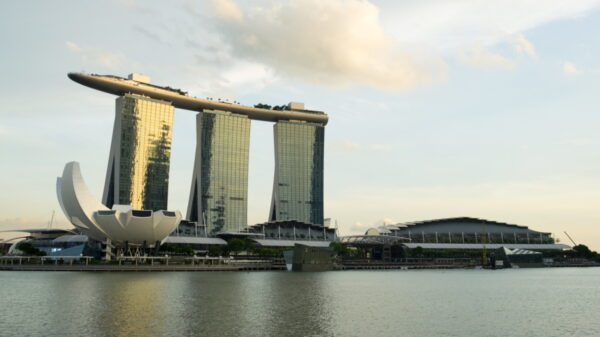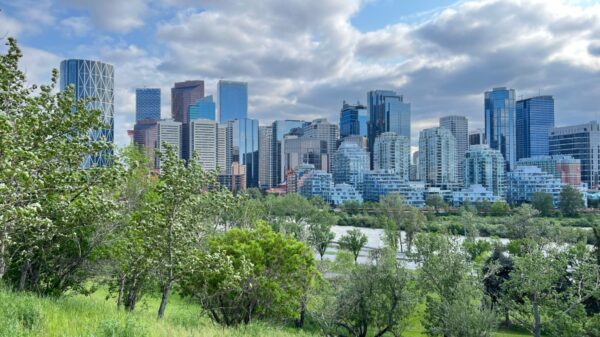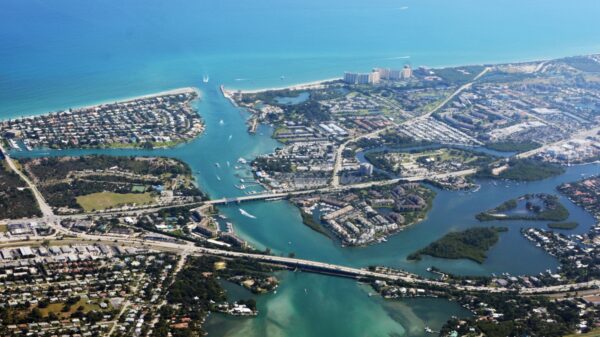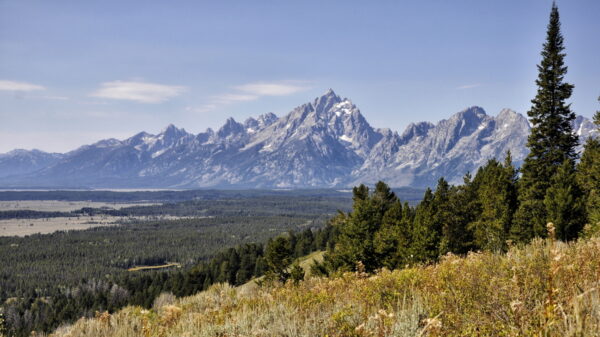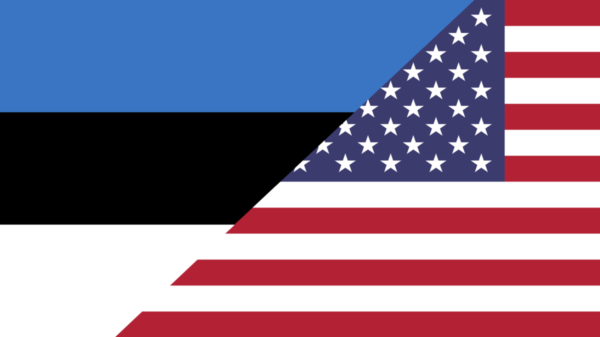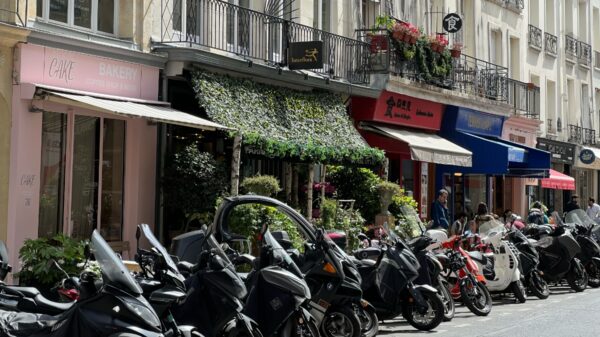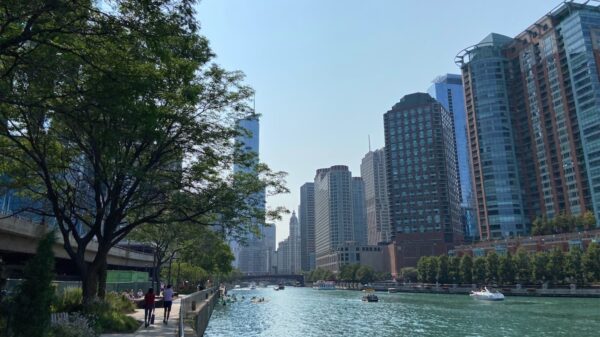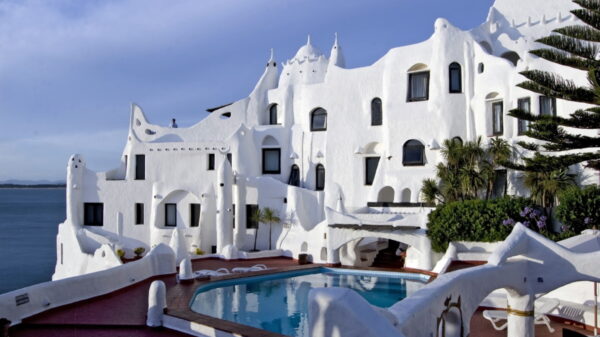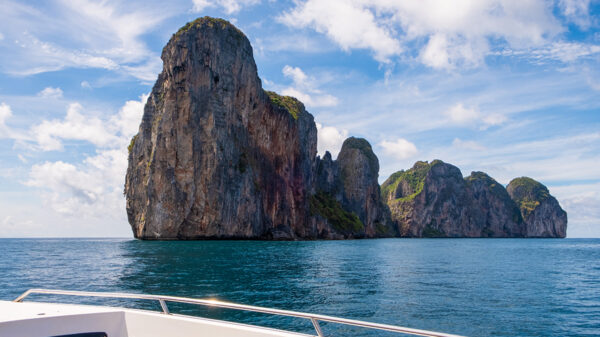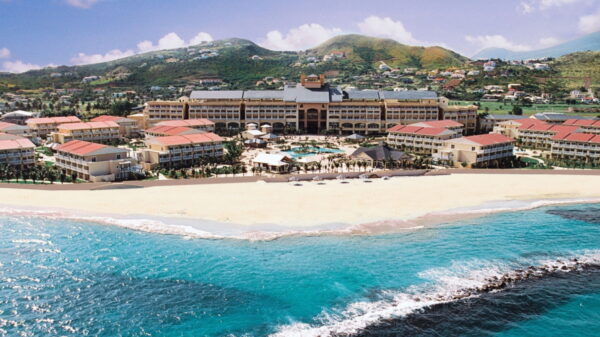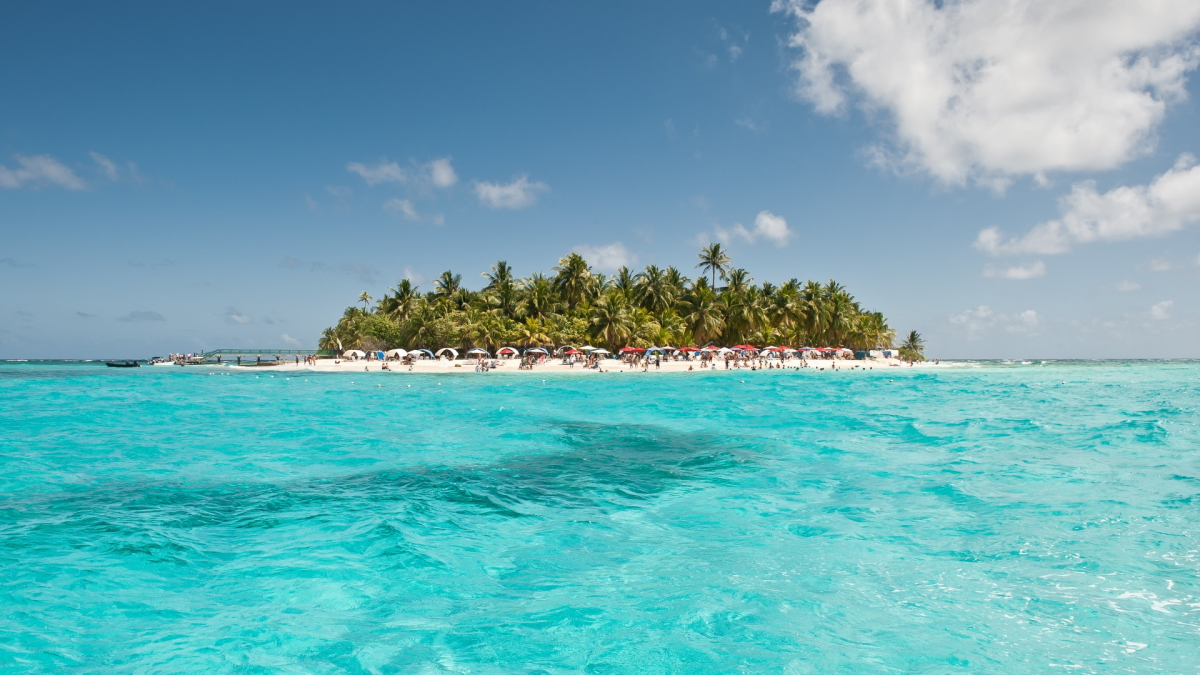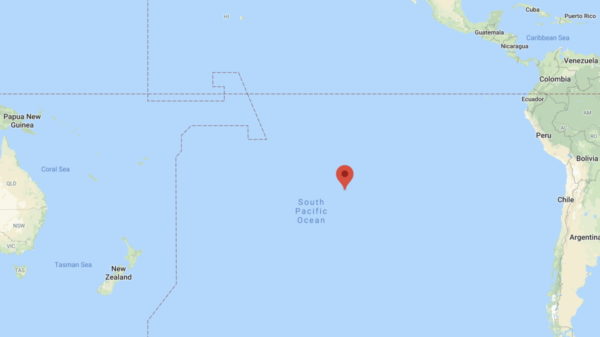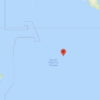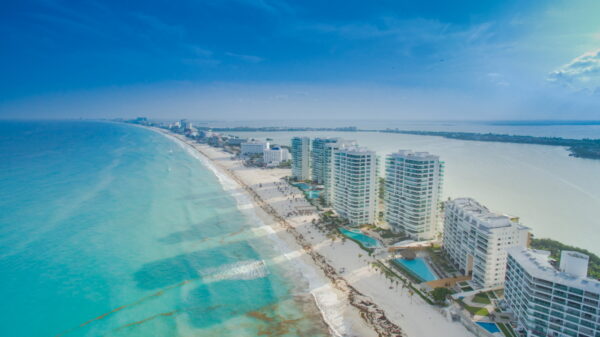Colombia is one of the America’s oldest countries as well as one of the most biologically, geographically and culturally diverse. With the war against the FARC coming to an end, it is becoming a desirable residency option once again especially for those generating location independent income. This guide covers how to acquire residency, how taxation works in Colombia and how to open a bank account.
Residency options
Thanks to its fairly accessible residency program and high quality of life, Colombia is becoming an increasingly popular residency option in the location independent community. Expat hubs have even appeared in multiple locations around the country, the most important ones being in Medellin and Cartagena. Unlike many other South American countries, however, Colombia does not offer new residents any tax benefits. This, combined with a worldwide taxation regime, means that it is not suitable for tax-free living.
While there are multiple ways to qualify for residency, the two that are of interest to us are the Rentista and the Retirement options. To qualify for the Rentista option, you need to prove that you will receive approximately 3500 USD in approved income during your stay in Colombia (15 X minimum income). To qualify for the Retirement option, you need to have a pension plan or investments paying at least 650 USD per month (3 X minimum income).
The application process for both visas is fairly straightforward and can be completed at either a Colombian embassy / consulate or in Bogota at the Ministry of Foreign Affairs. To apply, you will need your passport along with two passport-type photos, a copy of the information page of your passport (and previous Colombian visas, if applicable), the application form and a proof of income. Please note that if applying for the Rentista option, your proof of income should show that your income comes from passive sources. Active sources of income are not usually accepted (salary, business profits).
After five years in the country as a Rentista or Retirement visa holder, you will become eligible to apply for permanent residency. To apply, simply fill out form DP-FP-67 (available here) and bring it to the Ministry of Foreign Affairs’s office in Bogota along with your passport, two passport-type photos, a criminal background check issued in your last country of residence and copies of your temporary visas. The permanent resident visa will be valid for five years at which time you will become eligible to apply for citizenship. Colombia allows dual-nationality, has no mandatory military service or any other major drawbacks so I recommend applying if eligible.
Taxation
Taxation is certainly not Colombia’s forte. Rates tend to be high, most types of income are liable and few deductions exist. You will be considered a tax resident for any year in which you spent at least 180 days in-country. As a tax resident, you will be taxed on your worldwide income. This includes income generated in Colombia, income generated abroad and remitted to Colombia as well as income generated abroad and left abroad.
Compliance
As a tax resident, you must file an annual tax return. There are two exceptions to this rule: if you only received income from Colombian employment (on which the income tax withheld or paid is considered final) or if your worldwide income for the whole fiscal year fell below the minimum threshold. The fiscal year is the calendar year. If you must file a return, the deadline to do so is set by the last two digits of your Tax ID number. Income tax rates are progressive up to 33%. Capital gains are taxed at the rate of 10% while interests are taxed at the rate of 7% (for residents, non-residents pay a higher rate).
Powerful tax strategies
You can find powerful tax strategies in The Freedom Surfer course, especially in module two and three.
Banking
Colombia is no financial center but has nonetheless a few decent banks. The bests are Citibank, Scotiabank and BBVA. Citibank, especially, thanks to its participation in the Citi Global Transfer program. The other banks tend to be bureaucracy-heavy and often ask for justification before approving transfers.
Opening an account
To open a current account, you will need to visit a branch in person. Bring your passport, resident ID card (Cédula de Extranjería) and address details. The account opening process usually takes around a week. Once approved (you will receive a notice in the mail), your debit card will be available for pick up at the branch where you opened the account. Please note that while it is possible to open an account as a non-resident, it is extremely hard to do so, I only recommend it for residents.
International transfers
Transferring money to Colombia has become easier in recent years thanks to the rise of services like Wise and Revolut. Their rates usually beat the banks’ and they are far more secure than carrying large sums of cash.




